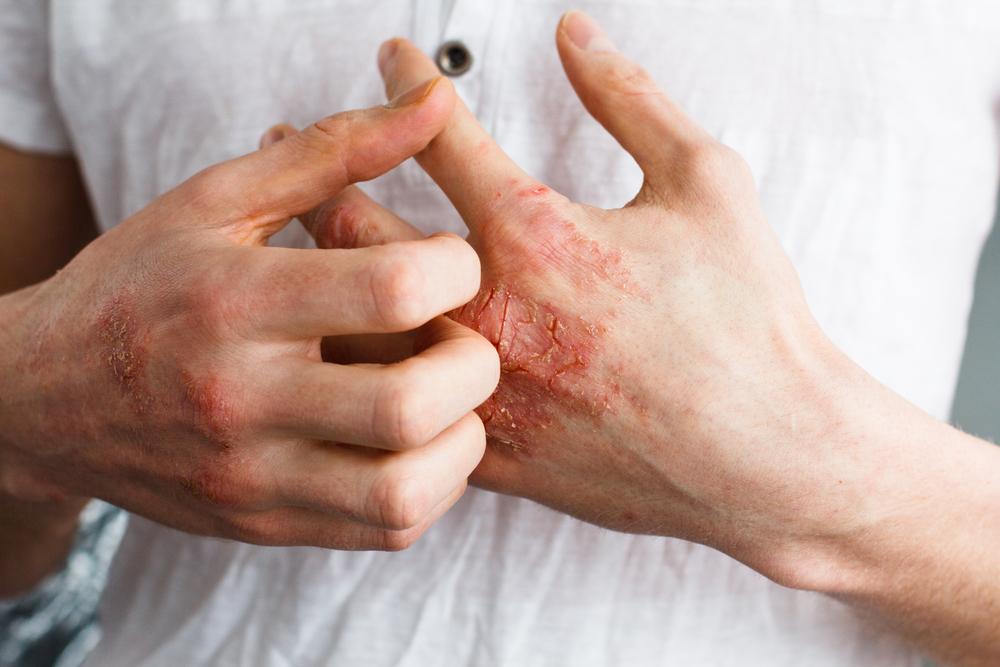Treatment methods for eczema
Eczema is an irritating skin condition that causes the formation of red patches on the chin, cheeks or chest and is often accompanied by itching. In order to find relief from itching, one will have to visit a doctor who may provide eczema ointment or other medications to alleviate the problem.
Eczema treatment is aimed at
- controlling the itch,
- preventing flares,
- healing the skin, and
- preventing further infections.
It is important to understand that the treatment depends on the patient’s symptoms, medical history, and age. To get the best results, the patient is often given a combination of several remedies.

Treatment methods
Eczema treatment encompasses the following methods.
Medications
If one takes the medications as directed, eczema may be healed faster. However, the treatment may vary from person to person, and one treatment will not produce the same result for another patient. Thus, your doctor may prescribe a combination of medications.
- Eczema ointments, corticosteroid creams, foams, and solutions comprise hydrocortisone steroids that reduce inflammation and provide relief from itchiness. These can either be mild or strong. Typically, the mild creams and ointments for eczema are available over the counter, while the stronger ones need a prescription.
Phototherapy
Moderate to severe eczema can be treated using UV light. The light helps the immune system from over-reacting. However, too much UV light can cause your skin to age and put you at risk for skin cancer. Most doctors use low doses of UV during the treatment. It is imperative that you check your skin during your treatment. There are two types of photo-therapy: UV light therapy, PUVA therapy.
Apart from using eczema ointments and other therapies, it is imperative you take care of your skin at home. Also, always consult your doctor before trying any creams, moisturizers or therapies.

